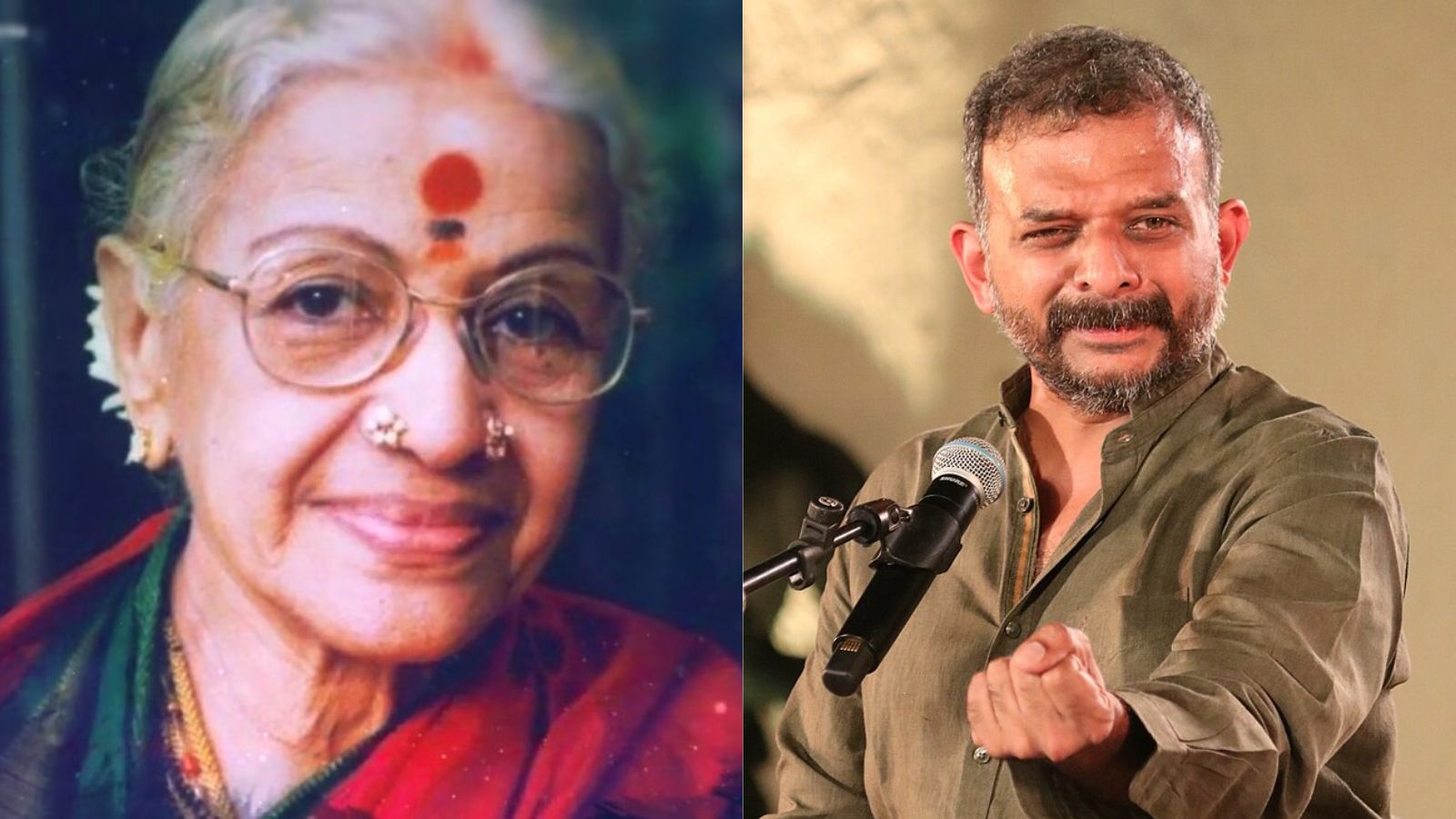 |
|
The Madras High Court's decision to restrain the presentation of the prestigious Sangita Kalanidhi M S Subbulakshmi Award to Carnatic musician T M Krishna has sent ripples through India's classical music community. The ruling, a landmark judgment delivered by Justice G Jayachandran, centers on the explicit wishes of the legendary singer, M S Subbulakshmi, as detailed in her 1997 will. This will explicitly forbade the creation of any memorials, foundations, or trusts in her name. The court's action, therefore, directly addresses the violation of this clearly stated posthumous desire, highlighting the legal and ethical complexities surrounding the honoring of deceased individuals, particularly those of significant cultural influence.
The legal challenge was initiated by V Shrinivasan, Subbulakshmi's grandson and a beneficiary of her will. Shrinivasan argued that the institution of an award bearing Subbulakshmi's name directly contravened her last testament. The court, acknowledging Shrinivasan's locus standi, found merit in his claim, stating that respecting the wishes of the deceased is paramount. Justice Jayachandran's assertion that “The best way to honour a departed soul is to respect her wishes” encapsulates the core principle underpinning the court's decision. This underscores a broader legal principle regarding the enforcement of wills and the legal ramifications of ignoring the expressed wishes of a testator, even posthumously.
The judgment, however, is not a complete prohibition of honoring Krishna. The court ruled that the Chennai Music Academy could still confer the Sangita Kalanidhi title upon him. The key point of contention, and the reason for the legal action, was the inclusion of the cash prize of Rs 1 lakh and the utilization of Subbulakshmi's name in the award itself. The court's decision carefully distinguishes between acknowledging Krishna's artistic merit and violating the wishes of the deceased. The court's interpretation emphasizes the importance of distinguishing between a simple acknowledgment of artistic achievement and the unauthorized appropriation of a deceased person’s name and legacy for commercial or promotional purposes.
Beyond the legal aspects, the case has ignited a broader debate within the Carnatic music community concerning T M Krishna's public statements and his critiques of traditional power structures within the genre. Shrinivasan's plea included references to Krishna's past remarks about Subbulakshmi, which, he argued, trivialized her contributions. The controversy highlights the often-fraught relationship between artistic expression, critical commentary, and the veneration of cultural icons. The debate exposes the tension between freedom of speech and the potential for such speech to cause offense or damage the reputation of others. The arguments presented demonstrate the complex interaction between artistic license and the ethical considerations of public discourse, especially when discussing revered figures.
The differing viewpoints within the Carnatic music community illustrate the complexities involved. Some applaud Krishna for his willingness to challenge established norms and address issues of inclusion and social justice within the genre. Others contend that his criticisms, particularly those directed at respected figures like Subbulakshmi, crossed a line. This division underscores the challenges of navigating the delicate balance between constructive critique and respectful engagement within a cultural tradition. The ensuing controversy reveals the inherent difficulties in balancing the rights of artistic expression with the need to respect the sensitivities of a community’s deeply held values and traditions.
The Music Academy, in its defense, argued that the award was not a trust or foundation and did not violate Subbulakshmi’s will. However, the court's decision ultimately prioritized the respect for the deceased's wishes. The court's reasoning highlights the importance of honoring the wishes of the deceased, especially when those wishes are clearly articulated in a legally binding document. The implications extend beyond this specific case, setting a precedent for future disputes concerning the use of names and legacies of deceased individuals for posthumous accolades or commercial purposes.
Krishna, himself a Magsaysay Awardee, has denied making disparaging remarks about Subbulakshmi's legacy. The contrasting statements and interpretations highlight the subjective nature of artistic interpretation and the potential for miscommunication or misrepresentation in public discourse. The ongoing debate highlights the difficulties in resolving conflicting claims about legacy and the interpretation of intent in a public sphere rife with potential for misunderstanding and misrepresentation.
In conclusion, the Madras High Court's judgment presents a fascinating intersection of legal interpretation, artistic expression, and the veneration of cultural icons. It compels a deeper examination of the delicate balance between respecting the legacy of the deceased and the freedoms of artistic expression. The case serves as a valuable reminder of the enduring power of legal instruments such as wills in safeguarding personal wishes, even after death, and the importance of respecting the autonomy and choices of individuals, even in the face of strong cultural pressures or differing interpretations of their actions or statements.
